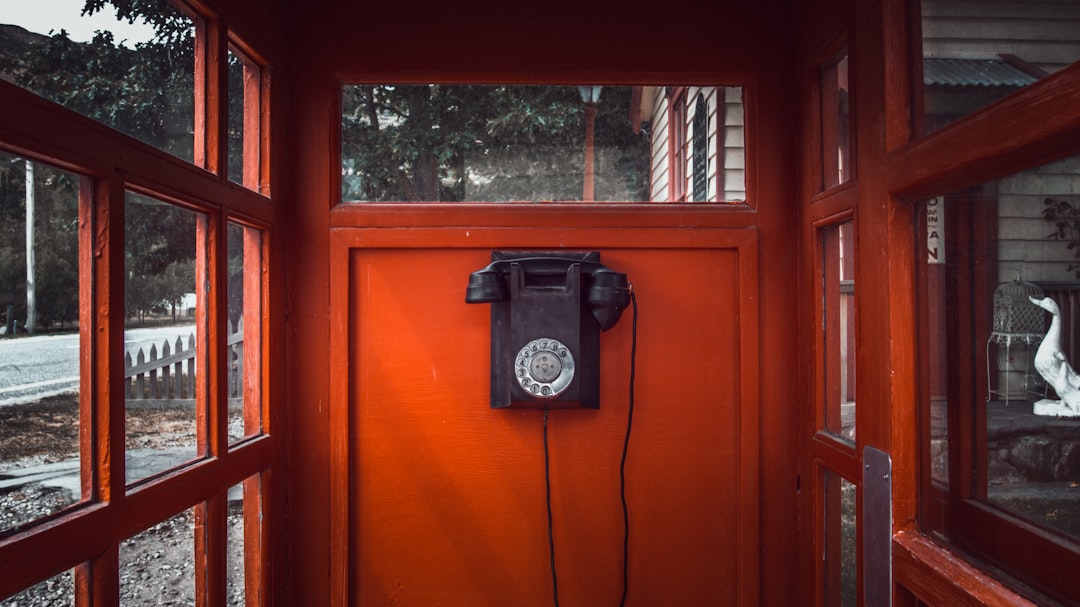Dothan, Alabama, has implemented strict anti-robocall legislation focusing on autodialer law to curb unwanted automated calls. The ordinance requires explicit consent for marketing or sales calls, impacting local businesses and forcing them to transition to alternative communication methods like text messaging and personalized email campaigns. Autodialer law firms in Alabama must now comply with prior express consent rules, implement robust opt-out mechanisms, and display accurate caller ID information to avoid penalties, lawsuits, and damaged reputations.
Dothan, Alabama, has implemented stringent anti-robocall legislation, aiming to protect residents from unwanted automated calls. This article explores the effects of these laws on local businesses and the broader implications for autodialer firms across the state. We delve into how Dothan’s anti-robocall measures impact small businesses, their adaptations, and the legal landscape for autodialer companies operating in Alabama, offering insights critical for both enterprises and consumers alike.
Understanding Dothan's Anti-Robocall Laws

Dothan, located in Alabama, has implemented anti-robocall legislation to protect residents from unwanted automated telephone calls. This ordinance is significant as it falls under the broader category of autodialer law, specifically targeting businesses that utilize automated dialing systems for marketing or sales purposes. The primary goal is to give citizens control over their communication preferences and reduce the inundation of robocalls.
The law stipulates that companies must obtain explicit consent from individuals before initiating automated calls, ensuring a more personalized and consensual approach to telemarketing. This regulation has substantial implications for businesses operating in Dothan or targeting Alabama residents, requiring them to adapt their sales and marketing strategies to comply with the new autodialer law firm guidelines.
Impact on Local Businesses: Challenges and Adaptations

The Dothan anti-robocall legislation has significantly impacted local businesses, particularly those that rely on phone communication for customer engagement. Many small and medium-sized enterprises (SMEs) have had to adapt to the new regulations, which aim to curb automated phone calls and protect consumers from unwanted marketing. These businesses have faced challenges in implementing changes to their customer interaction strategies, especially those accustomed to using autodialer systems for sales and marketing efforts.
To comply with the law, local firms have had to invest in alternative communication methods, such as text messaging services or personalized email campaigns, which can be more time-consuming and require a shift in marketing approaches. Some businesses have also had to refine their data collection practices to ensure they obtain customer consent for phone contact, often leading to a more tailored and targeted marketing strategy. These adaptations present both short-term challenges and opportunities for local companies to forge stronger connections with their clientele while adhering to the spirit of the Alabama autodialer law firm regulations.
Legal Implications for Autodialer Firms in Alabama

The Dothan anti-robocall legislation, targeting unwanted automated phone calls, has significant legal implications for autodialer law firms in Alabama. These new regulations aim to protect consumers from intrusive marketing practices by holding autodialers accountable for their actions. Under the law, businesses must obtain prior express consent from recipients before initiating automated calls, with strict penalties for non-compliance.
Autodialer companies operating within Alabama now face stricter oversight, requiring them to implement robust opt-out mechanisms and accurate caller ID display. Non-adherence can lead to substantial fines, lawsuits, and damaged reputations. As a result, autodialer law firms in the state must adapt their strategies, ensuring compliance while balancing the need for effective marketing solutions.






